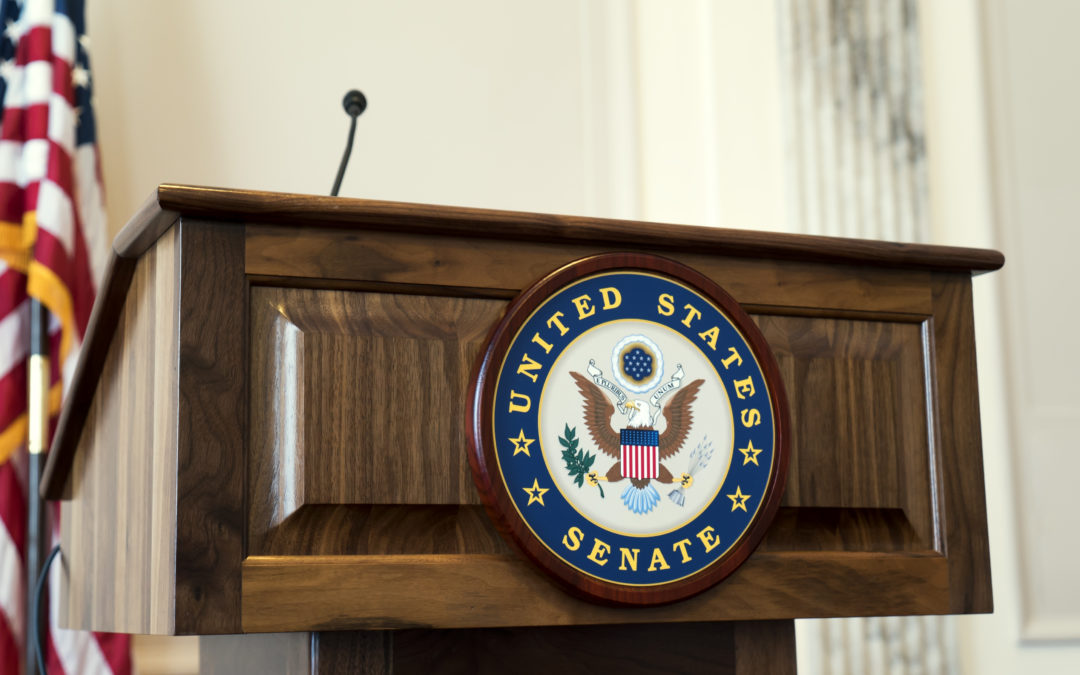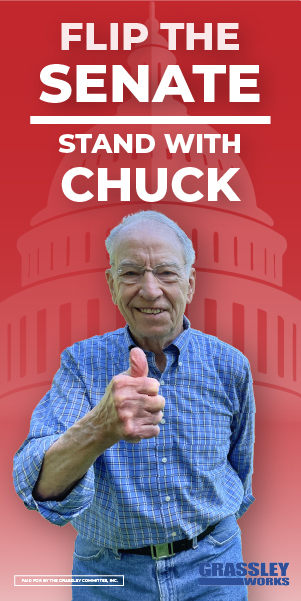Iowa Senator Joni Ernst (R-Red Oak), the first female elected to federal office from the state of Iowa, is one of the most bipartisan senators of the last 25 years, according to a non-partisan study from Georgetown University.
The Bipartisan Index, a non-partisan ranking produced by Georgetown University’s McCourt School of Public Policy and the Richard G. Lugar Center, shows that Ernst ranks among the top 15% of all senators since 1993 in terms of her bipartisanship.
Ernst, a combat veteran who was first elected in 2014, has made a name for herself for her ability to work across the aisle on a wide range of issues and discussed her bipartisan work at the first debate of the general election last Wednesday hosted by the Spencer Daily Reporter.
At Wednesday’s debate, Ernst highlighted how she is partnering with Senator Elizabeth Warren (D-Massachusetts), a former 2020 presidential candidate and one of the most liberal members of the Democratic Party, on bipartisan legislation to help treat military servicemembers for traumatic brain injury (TBI).
“If I find someone who has a shared passion, I don’t care what the letter is behind their name,” Ernst said at Wednesday’s debate. “If we have a shared passion, we should be working on those issues together.”
Ernst has teamed up with members of the opposite party on several fronts, including combating sexual assault in the military, providing mental health resources for farmers, and pushing for support for families amid COVID-19.
Ernst worked with Democratic Senator Tammy Baldwin (D-Wisconsin) to change the law to reestablish suicide prevention programs and create helplines and mental health support groups for members of the agriculture community. The lawmakers’ bipartisan bill, called the FARMERS FIRST Act, was put into law as a part of the 2018 Farm Bill.
Earlier this year, amid the COVID-19 pandemic, Ernst partnered with Democratic Senator Chris Murphy (D-Connecticut) on an effort to get diapers to families in need.
Georgetown University describes their study as “an objective measure of how well members of opposite parties work with one another using bill sponsorship and co-sponsorship data.”
Theresa Greenfield, the Democratic Senate candidate running against Ernst in the 2020 election, chose to not show up at Wednesday’s debate.



